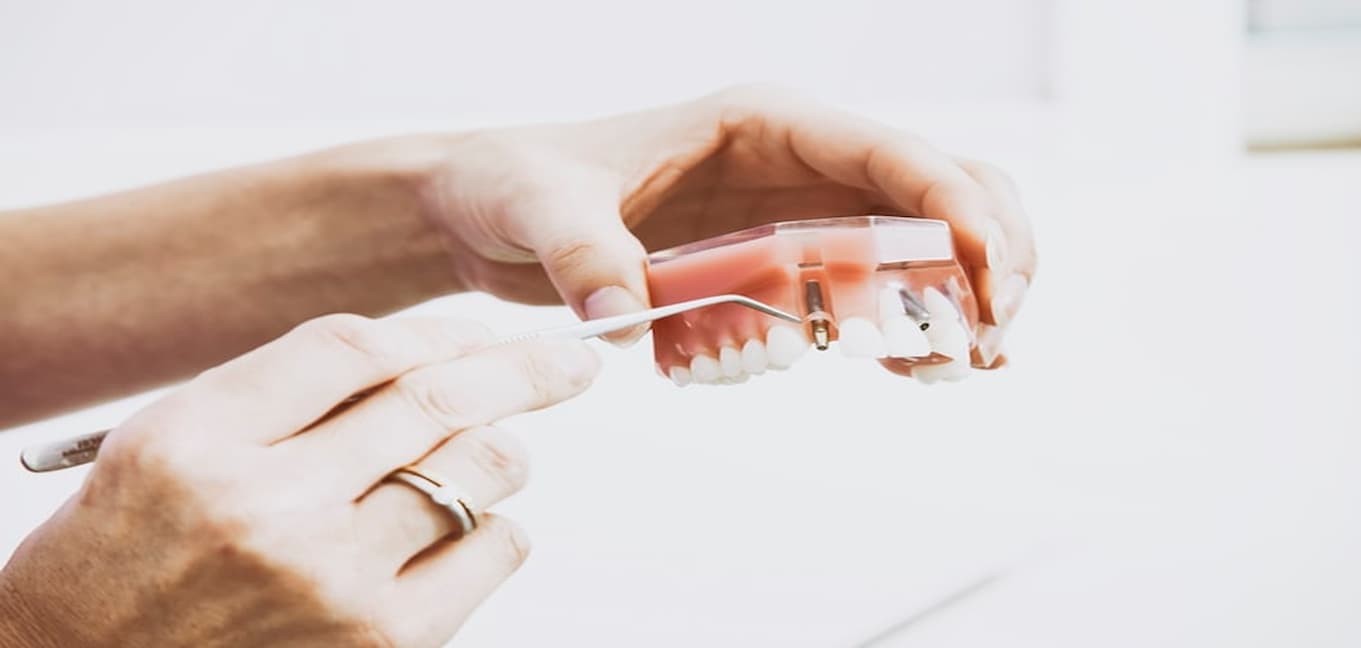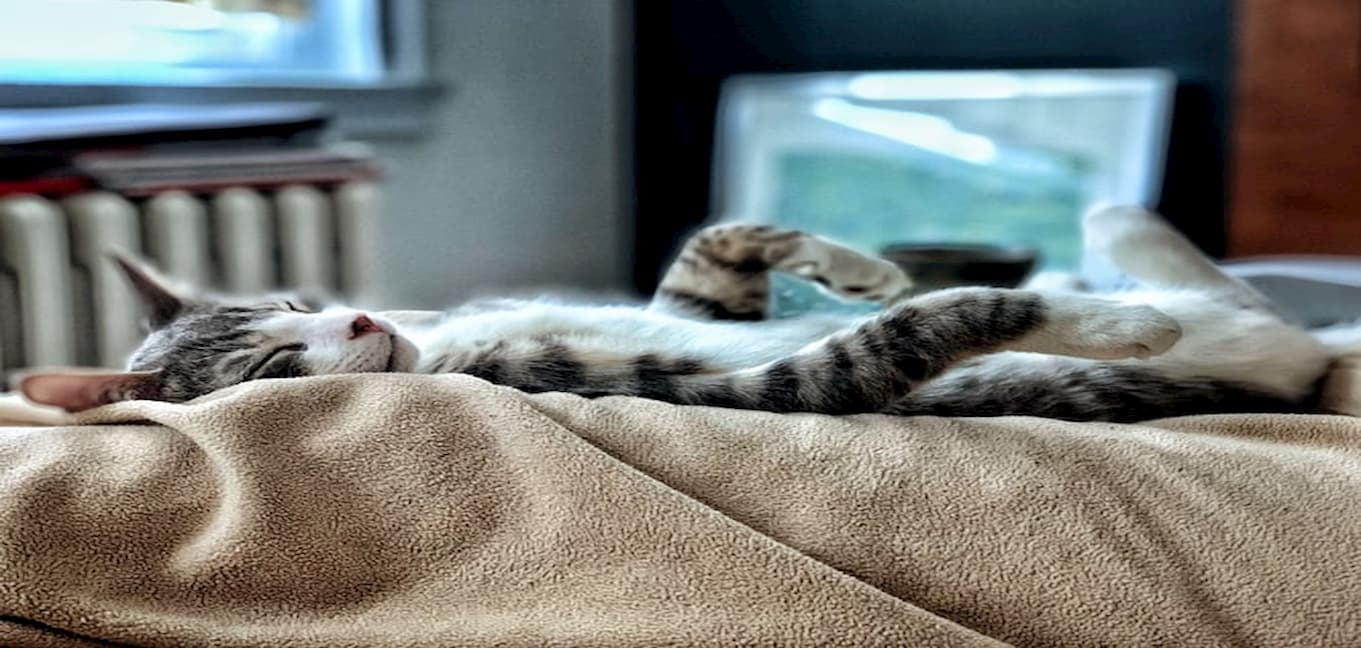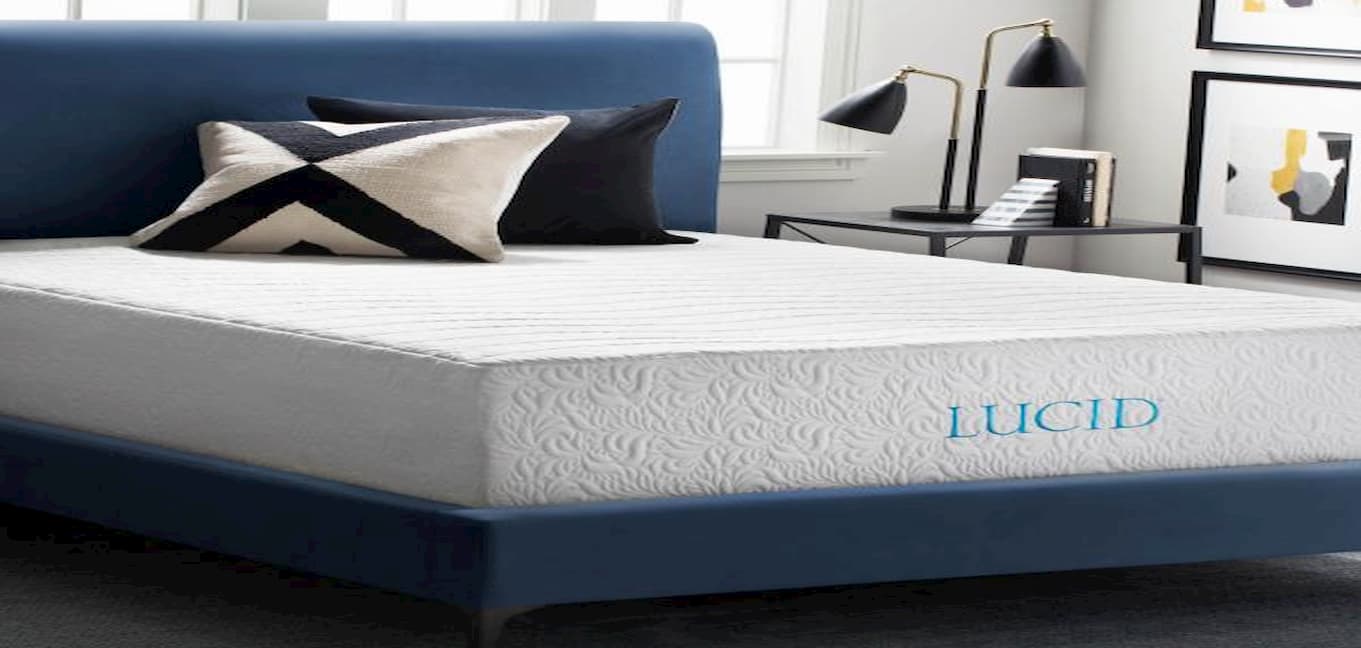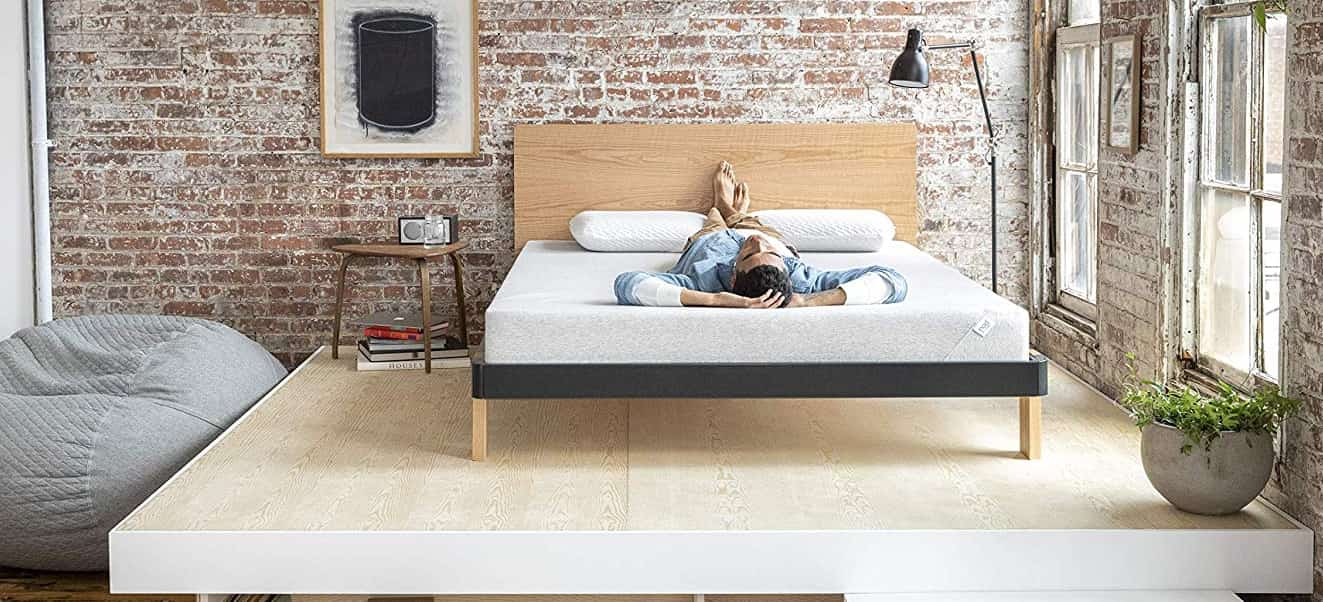Continuous positive airway pressure (CPAP) is a form of positive airway pressure ventilator, which applies mild air pressure on a continuous basis to keep the airways continuously open in people who are able to breathe spontaneously on their own, but need help keeping their airway unobstructed. It is an alternative to positive end-expiratory pressure (PEEP). CPAP devices apply continuous positive airway pressure throughout the breathing cycle. Thus, the ventilator itself does not cycle during CPAP, no additional pressure above the level of CPAP is provided, and patients must initiate all of their breaths.
Continuous positive airway pressure therapy (CPAP) uses a machine to help a person who has obstructive sleep apnea (OSA) breathe more easily during sleep. A CPAP machine increases air pressure in your throat so that your airway doesn’t collapse when you breathe in. When you use CPAP, your bed partner may sleep better too.
You use CPAP at home every night while you sleep. The CPAP machine will have one of the following:
- A mask that covers your nose and mouth.
- A mask that covers your nose only—called nasal continuous positive airway pressure, or NCPAP (this type of mask is most common).
- Prongs that fit into your nose.
How much do cpap machines cost?
Average price for CPAP machine ranges from about $500–$3000, with an estimated average price around $850. Many insurance companies cover the cost of PAP and BiPAP bilevel devices. This usually includes the mask, hose, filters, and tubing.
Are cpap machines covered by insurance?
Most insurance policies cover CPAP. CPAP is considered to be durable medical equipment, and you can call your insurer to find out the specifics of your coverage. Medicaid does cover CPAP equipment, but it will need authorization. Supplies are covered separately, and the amount of coverage varies by state.
Can cpap machines cause cancer?
Dr. Sina Gharib analyzes genetic data and gene interaction networks in his studies of the effects of sleep apnea and CPAP at a molecular level.
According to Dr. Sina Gharib, University of Washington assistant professor of medicine and the study’s lead author, “This is the first report identifying potential pathways and mechanisms linking sleep apnea with genetic programs involved in cancer. But it is important to note that this only a preliminary step in our understanding of how the physiological disturbances caused by sleep apnea adversely affect cellular function.”
He added, “While untreated sleep apnea is linked to increased risk of cancer and CPAP treatment may suppress cancer-associated genes, there is no evidence yet that CPAP may have an antineoplastic role [prevent the growth or spread of tumors] in patients with sleep apnea and cancer. Future studies are needed to investigate this intriguing possibility.”
Can cpap machines cause pneumonia?
First, the CPAP itself is initially a sterile device. The plastic and metal parts will not cause illness on their own, and germs will not be present there when the machine is new. Once you start using it, any germs inside the mask, tubing, or device are your germs. Therefore, you are at low risk of acquiring a new infection from a CPAP if you are the only one using your device.1
The bugs—whether they are bacteria or viruses—are ones that you put there via breathing, and your body has already reached a truce with them.
Though there may be a reasonable concern for potential infection from the use of CPAP equipment, there is little research in adults supporting such an association.1 Modern devices with the use of heated humidifiers, heated tubing, hypoallergenic filters, and improved design have not been well studied.
In fact, there are currently zero case reports by doctors found in the scientific literature of CPAP machine use contributing to an increased risk of upper respiratory infection like sinus infections or pneumonia.
There have been a few reports of eye irritation and ulceration occurring, possibly related to masks leaking air into the eyes, but the cause-and-effect relationship is not clear.
Moreover, research actually suggests that regular CPAP use in fact reduces inflammation and the risk for infection in the nasal passage. Cells associated with these phenomena are seen less often in the noses of compliant users of the therapy.
In conclusion, it is very likely that CPAP therapy simply does not cause higher rates of infection.
Can cpap machines cause headaches?
CPAP does not normally cause headaches unless there is a sinus related problem or if the pressure is too high.
Sinus systems extend behind your ears. When a CPAP is used and part of the sinus cavities are blocked, a situation is created where there is a pressure differential between the sinus cavities affected. These pressure differences can sometimes be felt as sinus headaches or just plain headaches, even though they are caused by sinus blockages. These can be treated using over the counter medications to open the sinus. CPAP heated humidifiers can also open and maintain sinus systems.






